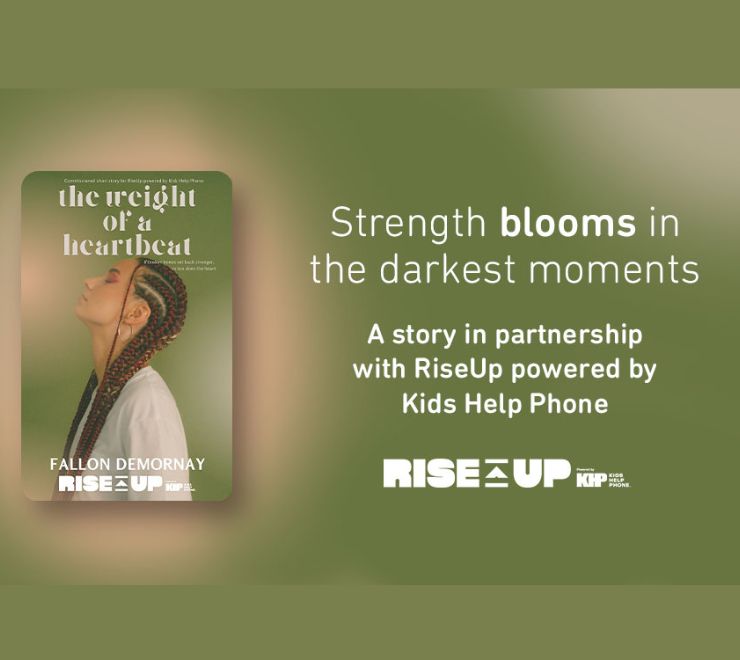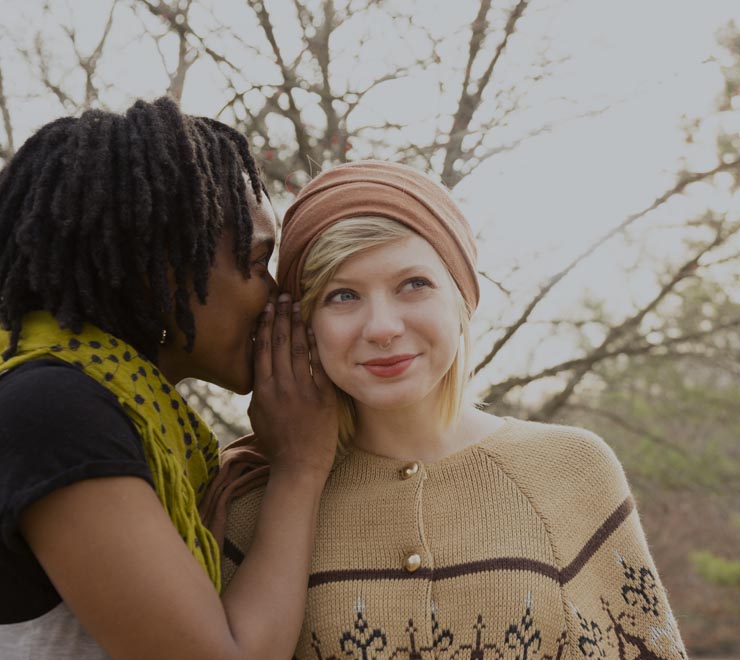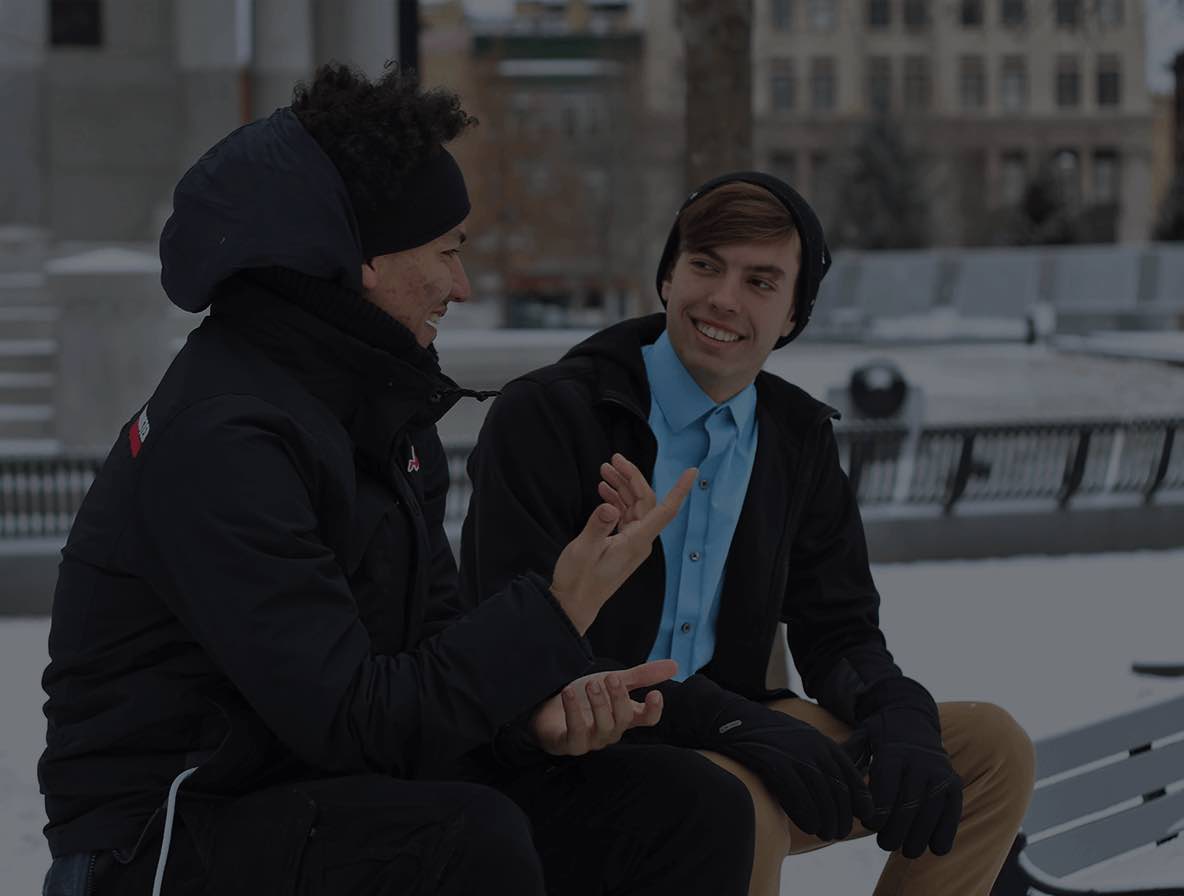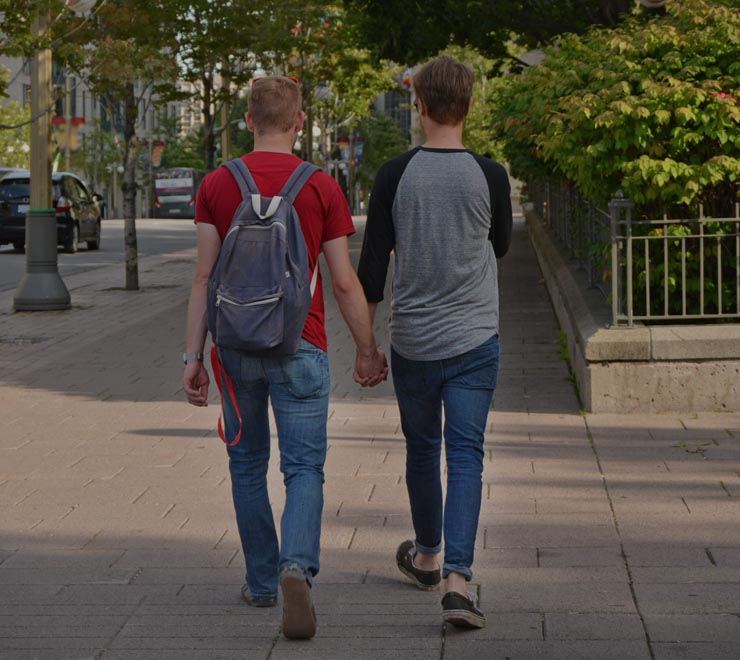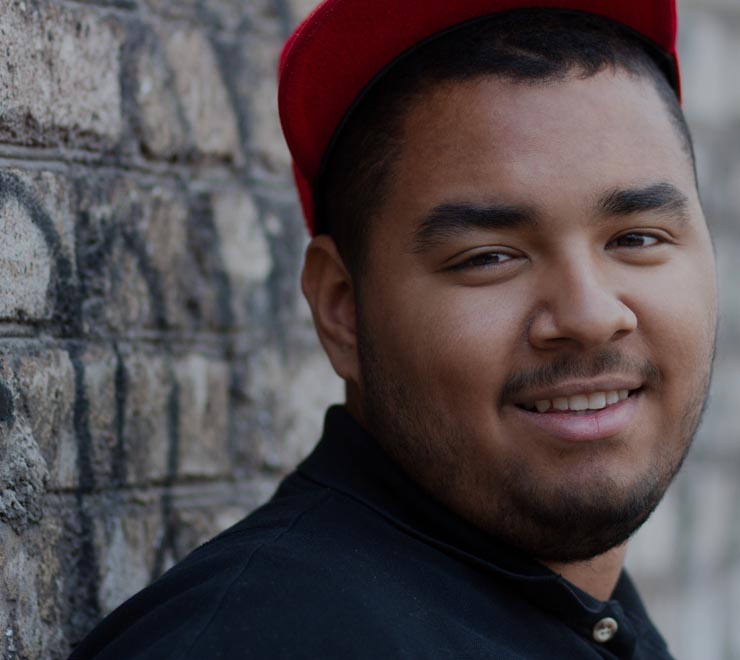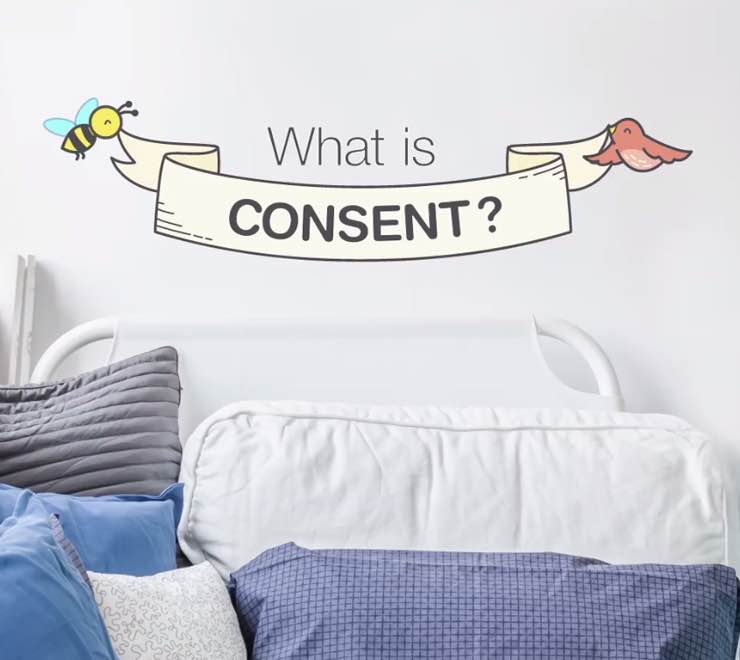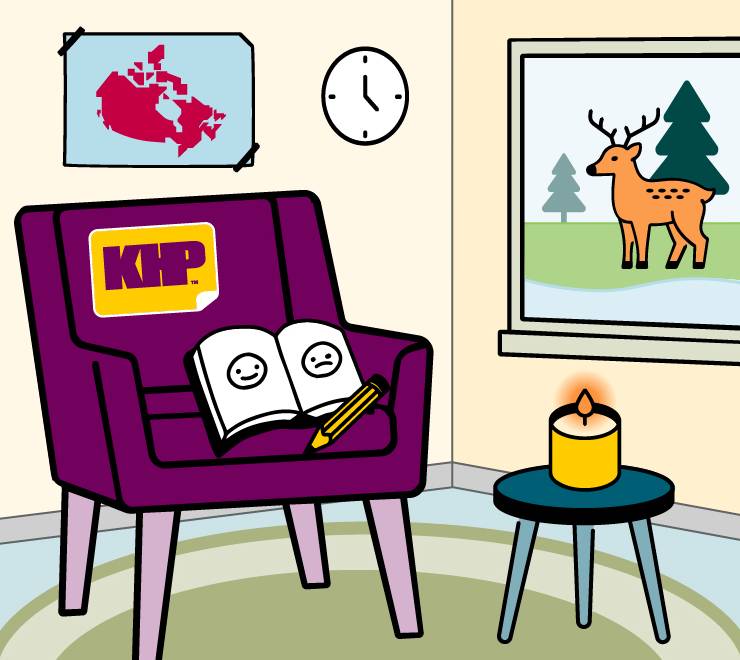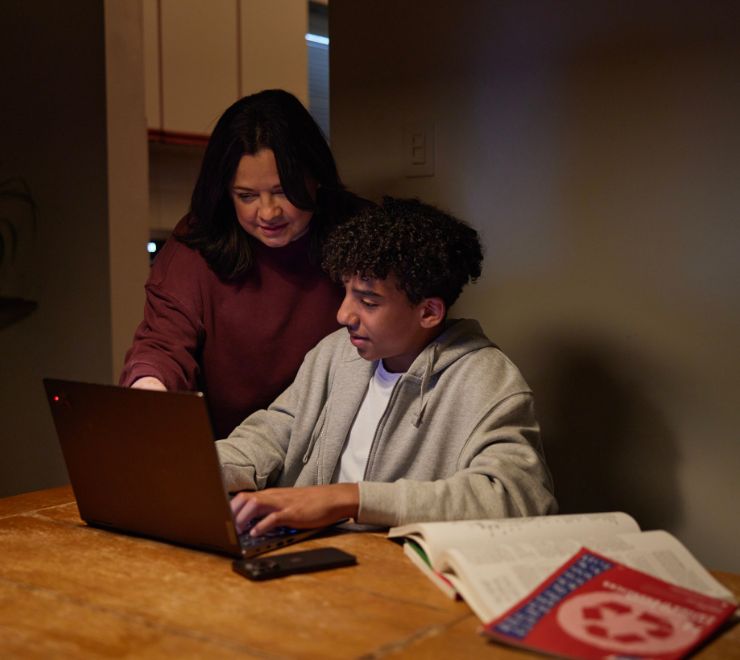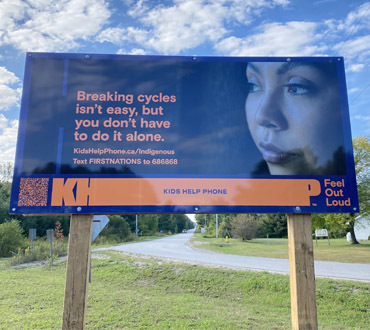Crushes, flirting, breaking up, friends with benefits and more — navigating the world of dating and relationships can be overwhelming.
Dating can describe many different types of relationships, from casual to serious. Only the people involved in the relationship can decide how to define it. Here are some examples:
- For some people, dating means hanging out with someone they like and a bunch of other friends. For others, it’s only a date if it’s just the two of them.
- Some people only date one person in a steady relationship. Others date a few people casually. Some people aren’t interested in dating at all.
- Some people start dating at a young age, and some people don’t start dating until they’re older.
- Some people don’t want a serious relationship. Others think about being with someone long-term — they may consider getting married and starting a family.
- For some people, getting physical (holding hands, kissing and more) is an important part of dating. Others wait until they’re in a committed relationship.
What if feels like to like someone
Maybe, you see your crush and your mind goes blank. Or, perhaps you blush, can’t speak or start talking too much. Experiencing these types of responses to someone you like is common — it’s a result of the feel-good hormones your body produces when you’re attracted to someone.
These are also signs that you have a crush:
- pounding heart
- intense energy, like you could run a marathon
- thinking about your crush a lot
- thinking of ways to impress your crush
- difficulty sleeping
- fantasizing about getting physical with your crush
Is it love — or just a crush?
There’s a big difference between infatuation (having a crush) and falling in love. Infatuation happens quickly and tends to focus on physical attraction. It can make you idealize a person and ignore their quirks and flaws. Crushes can be exhausting, make you jealous and don’t often last very long.
Love takes time to grow. A crush can develop into love as two people build trust and get to know each other really well. Love isn’t just physical attraction. It means caring deeply and feeling strongly about another person and accepting them for who they are. It can be complex because the experience of love can be different for everyone.
Dating terms
Young people use many different words to refer to people they’re in a relationship with. Kids Help Phone uses “crush” and “partner” because they’re gender neutral, but you can use the terms you’re most comfortable with. “Boyfriend” and “girlfriend” are common, but there are also words that are gender neutral and reflect gender diversity such as “significant other” or another respectful term of endearment.
Starting to date
Dating can be both exciting and nerve-racking, especially if it’s a new experience for you.
Maybe you like someone and want to ask them out, but you’re not sure if they like you back. Or maybe someone has asked you out, and you’re not sure how to act on a date. The important thing is to do what’s comfortable for you while treating the other person with respect.
Flirting
Flirting may be one of the easiest ways to show someone you’re into them. Flirting can be deliberate (telling someone you like them) or more subtle (trying to get someone’s attention by making them laugh, making eye contact, smiling, etc.). Both types of flirting send messages to your crush that you’re interested and can be fun. Still, not everyone you flirt with will get the signal.
To be clear about how you feel, there are other, more direct ways you can let them know:
- Be nice: try complimenting the person by telling them something you like about them
- Be clear: show that you notice your crush by greeting them when you see them and asking them questions about their day
- Be respectful: don’t crowd, pressure or touch your crush unless it’s OK with them. Everyone has boundaries. Some people may be OK with a gentle touch on the arm or a playful poke in the ribs, but don’t make assumptions. Pay attention to their body language and respect any cues that you need to back off. If you’re not sure if what you’re doing is OK, it’s important to ask.
Asking someone out
Asking someone out can take a lot of courage. There are no guarantees that your crush will say yes, but if you don’t ask, you’ll never know. Take a deep breath and try some of these steps:
- Practise first: there’s nothing wrong with feeling shy, but it can be frustrating when you feel too scared to ask someone out. Practising what you want to say may help you feel more confident.
- Be yourself: if someone doesn’t like you for who you are, they’re probably not right for you.
- Make a plan: think about something you could do on your date and suggest it when you approach your crush. You could see a movie, go to a sports event or take a walk together. There are many ideas for inexpensive dates, too.
Group dates
If you’re worried about coming on too strong, think about a group outing with friends. Group settings are great because the pressure isn’t the same as a one-on-one date, but you’ll still have a chance to flirt with your crush.
Rejection
Hearing no is hard no matter how nicely someone turns you down. Try to remember that most people get rejected at some point in their lives.
Here’s what you can do if you’re feeling down:
- talk to someone about how you feel
- hang out with your friends or family
- do something active such as running or sports
- let yourself cry if you’re feeling sad
- avoid the temptation to do something disrespectful such as spreading rumours
You may be hurting now, but most people move on from their crush and eventually become interested in someone else. If you need to talk, you can always call Kids Help Phone at 1-800-668-6868.
Inexpensive date ideas
Going out on a date doesn’t have to cost a lot of money. Try these easy, fun and inexpensive ideas:
- Get active: biking, walking, hiking, canoeing, ice skating and swimming are potential options.
- Go stargazing: take a walk at night and look for constellations, or visit a planetarium or science centre.
- Have a picnic: pack sandwiches or snacks, grab a blanket and head to the park.
- Try cooking: make your favourite food with your date.
- Watch a movie: invite your date over for a movie night.
- Go on a fun outing: visit a theme park, arcade or other entertainment venue. If you both like animals, visit a zoo, aquarium, conservation area or public farm.
- Play tourist: grab a map or tourist’s guide and explore local monuments, street fairs or nature reserves.
- Give back: volunteer for an event or cause you both support. (If you volunteer at a music or film festival, you may get free admission, too.)


